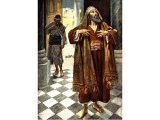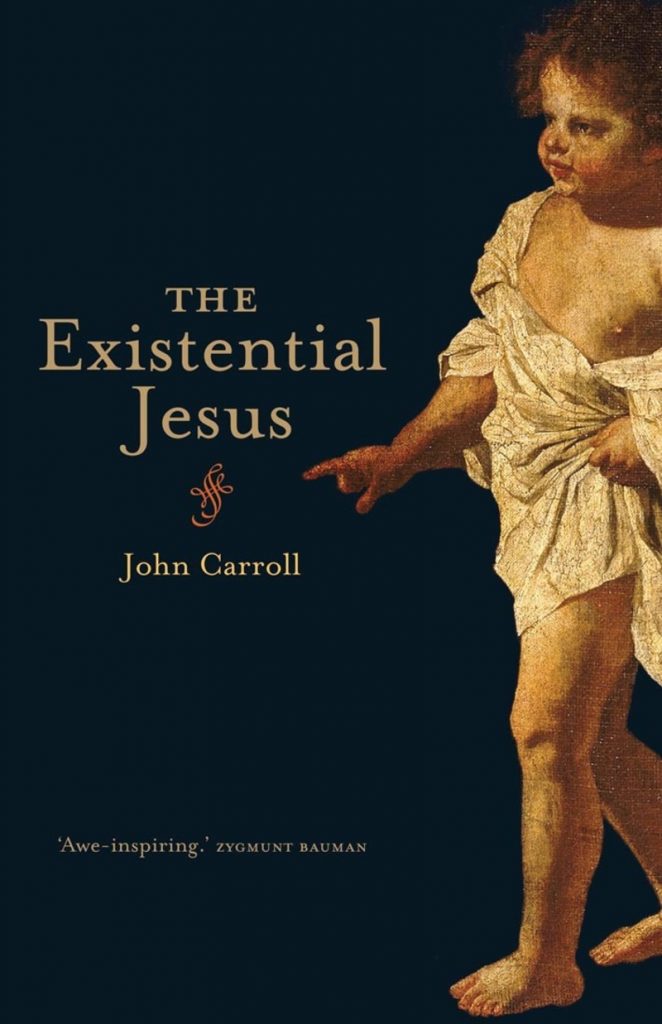[Link is dead. If anyone has a copy of the original discussion please let me know. Thanks. — Neil Godfrey, 20th July, 2019]
Formal Debate “The Historical Resurrection of Jesus?”
“This thread is for the formal debate between Bible Defender and stevencarrwork. No other forum users are allowed to post in this thread, other than moderators or admins, until the formal debate is concluded.”




